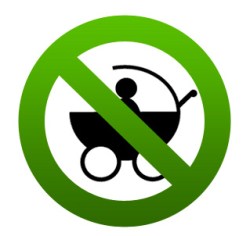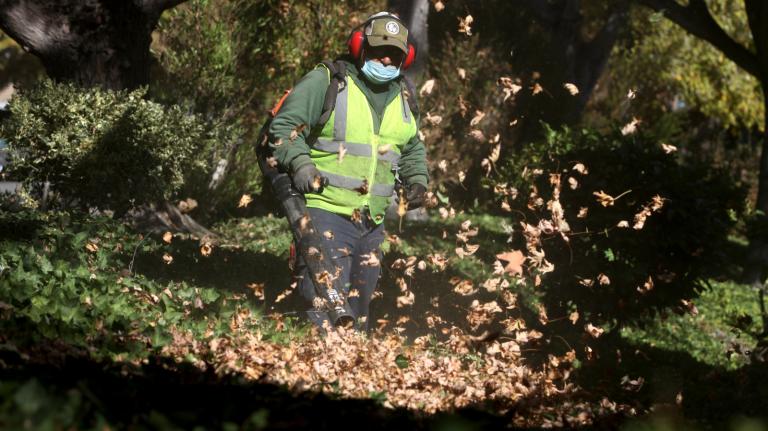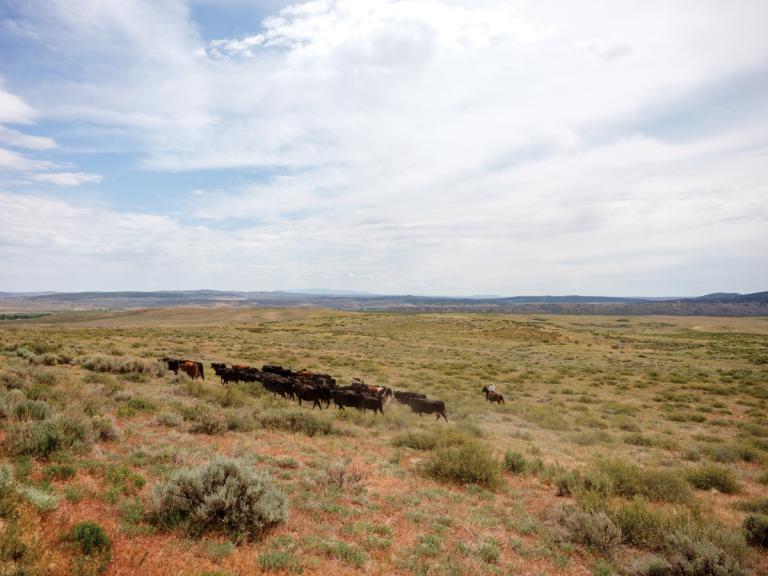 As I’ve talked to and read about people coming to terms with their decisions not to have kids, the comparison has come up over and over.
As I’ve talked to and read about people coming to terms with their decisions not to have kids, the comparison has come up over and over.
“I felt like a gay person must feel, coming out of the closet and having these people validating me.”
— Jason Gill, quoted in a New York Times Magazine article on the childfreeSecure · Tax deductible · Takes 45 SecondsSecure · Tax deductible · Takes 45 Seconds
“My friends and I have occasionally likened coming out as childfree to coming out as a gay person 40 or 50 years ago. There’s the same sense of shock — perhaps that’s too strong a word. But it’s a lifestyle people don’t expect and it may challenge their world view.”
— Rhona Sweeting, quoted in a BBC News article on the childfree
“I’m coming out of the closet. I’m sick of apologizing for my lifestyle which feels totally organic and right to me.”
— Jane, commenter on Childfree Life forum
At first the comparison struck me as ridiculous. Prejudice against the childfree is wholly different in kind and degree from prejudice against the LGBT population. Childfree people aren’t ejected from the military or denied housing or barred from marriage. The biggest threat of violence we might face is a peeved parent tempted to bonk us on the head with a diaper bag when we ramble on too long about a relaxing weekend getaway.
But acknowledging all that, still there is something to the idea of “coming out” as childfree. While some childfree people have no problem just putting it out there, many of us aren’t sure how to talk to some of the people in our lives about our choice not to have kids — whether it’s parents eager for grandchildren, siblings engrossed in parenthood, friends struggling with fertility issues, curious colleagues, or complete strangers. Saying “I’ve decided not to have kids” can feel like walking into a minefield. And not saying it can feel like concealing an important part of who we are.
I consulted a few coming-out guides to see if any struck a chord, and they certainly did. “Mom, Dad — believe me, it’s not a phase. I’ve known it for a long time.”
Consider these bastardized snippets, first from the Human Rights Campaign’s “Resource Guide to Coming Out“:
From birth, most of us are raised to think of ourselves as fitting into a certain mold. Our culture and our families teach us that we are “supposed” to [become parents] …
Once we do come out, most of us find that it feels far better to be open and honest than to conceal such an integral part of ourselves. We also come to recognize that our personal decision to live openly helps break down barriers and stereotypes that have kept others in the closet. And in doing so, we make it easier for others to follow our example.
And from About.com for GLBT Teens:
The Risks to Coming Out …
- Your friends and family might treat you differently.
- You might lose friends. …
- People might feel uncomfortable around you.
- You might be asked a lot of personal questions.
- Not everyone will be understanding or accepting.
And from EmptyClosets.com:
Coming out to your family may be the hardest thing for you to do in your coming out process. Your parents most likely raised you assuming that you would [become a parent yourself]. … When parents first learn of a child’s [decision to be childfree] they often feel a loss.
Yep, yep — with you on all that. But wait — there’s no bastardizing that can make this next sentence relevant:
It generally takes some time for [parents] to realize that they haven’t lost anything and that things like marriage and children are all still possible.
D’oh. Coming out as gay or lesbian might hit your parents hard at first, but at least you can still give them grandkids!
This points to a strange twist: While LGBT people face more vehement and vicious prejudice than the childfree, they can, if they choose, ultimately lead more conventional lives. Their families won’t look like the Cleavers, but they can have what many people would at least recognize as a family, following the traditional parent-with-child pattern. We childfree people, in contrast, are messing with the notion of family in a way that’s perhaps even more fundamental.

Are you a GINK -- green inclinations, no kids? Check out The GINK Manifesto and become a fan of GINK on Facebook.
Maybe that’s why gays actually seem to be further along in gaining social acceptance than the childfree. In my urban milieu, no one skips a beat or lifts an eyebrow if you say you’re gay, but people do often frown or avert their eyes or awkwardly change the subject if you say you’ve decided not to have kids — if they don’t tell you what you’re missing and try to get you to change your mind.
Take, as a pop-cultural example, the Sex and the City 2 movie. Carrie Bradshaw and the gang are having a gay old time at Stanford and Anthony’s big, fat, same-sex wedding when a woman starts interrogating Carrie and hubbie Mr. Big about when they’re going to have kids. “It’s just not for us,” Carrie responds. “So it’s just going to be the two of you?” she asks, voice dripping with pity and disdain. Flamboyant gay lifestyle: A-OK. Heterosexual couple deciding to forego parenting: deviant.
We don’t face all the same challenges, but we childfree could certainly use some advice from our LGBT friends on how to claim our rightful place in society. Whether you’re LGBT or childfree or both, please share coming-out tips below in comments. Also, LGBT folks, do you feel this same pressure to have children?
—–
Also check out: Why are gays more eco-friendly?


